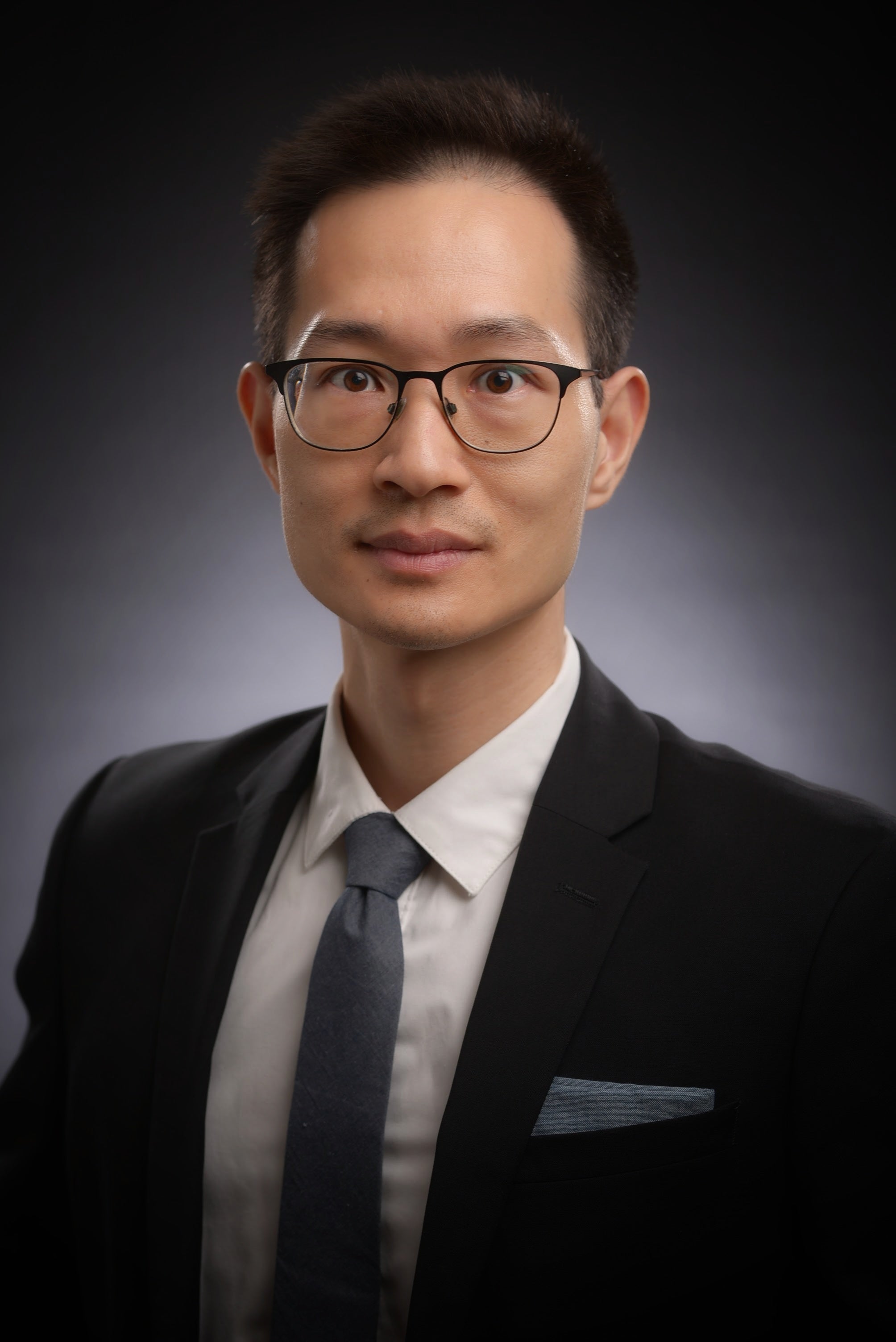
Transitioning to a net-zero economy
Canada’s Innovation Corridor Summit hosts a discussion on transformative actions to support decarbonization

Canada’s Innovation Corridor Summit hosts a discussion on transformative actions to support decarbonization
By Stephanie Longeway University RelationsOn June 29, the Canada’s Innovation Corridor Summit is taking place promote collaboration within our innovation region that is anchored by Toronto, Kitchener-Waterloo and Hamilton.
The Toronto-Waterloo corridor is one of the fastest-growing and densest innovation clusters in the world and was recently ranked 17th globally for startup ecosystems in the 2022 Global Startup Ecosystem Report by Startup Genome. Waterloo region has one of the highest density of startups outside of Silicon Valley, along with the headquarters of some of Canada’s largest technology companies and development offices for leading global brands.
Business leaders, government officials and researchers have come together at the summit to discuss the challenges and opportunities that decarbonization will bring for industry and research within the corridor.

XiaoYu Wu
Professor, Faculty of Engineering
>Greener Production Group
“Canada’s Innovation Corridor Summit is a great opportunity to connect with local stakeholders on the transition to a net-zero economy and share our understanding and relevant expertise to support this transition,” says XiaoYu Wu, a Waterloo professor from the Faculty of Engineering who is a featured speaker at the summit.
Many Waterloo researchers and entrepreneurs have been responding to the climate crisis with purpose-driven research and technology. Wu will be sharing research from his Greener Production Group that is actively developing sustainable technologies that use renewable resources while also studying their economic impact. The group is focused on several projects including CO2 capture and utilization and cleaner hydrogen and ammonia storage in the agriculture, energy and trade sectors.
“My presentation will feature technologies for producing, storing and distributing low-carbon hydrogen, and discuss how we can use hydrogen to speed up the transition towards a net-zero economy,” Wu says.
He stresses that investment and adoption of new innovative renewable energy and carbon reduction technologies is critical for Canada’s transition to a net-zero economy. The summit also emphasises other transformational actions including retrofitting existing infrastructure and reskilling for green jobs.
Training the next generation of talent is key in our shift to decarbonization and an important part of Wu’s work at Waterloo. On top of training grad students, he says the Greener Production Group is seeking industry collaborations and has most recently worked with the Hydrogen Business Council of Canada to devise a hydrogen economy transition plan for Ontario.
“We want to continue to work with local partners to develop technologies and train students to support the transition to a net-zero economy.”
Read more about the exciting research projects the Greener Production Group are leading.
Driven by Canada’s Innovation Corridor Business Council, the summit serves to inform and drive transformational actions that shape the corridor’s future as a world-class region measured by talent, productivity, and quality of life. The Summit is sponsored in part by the University of Waterloo.
Learn more about Canada’s Innovation Corridor Summit

Read more
Advancements in lithium-ion batteries will pave the way to a more energy-efficient society

Read more
Times Higher Education has ranked the University of Waterloo #53 in the world for delivering the UN’s Sustainable Development Goals

Read more
Waterloo among post-secondary institutions playing significant role in powering tech corridor
The University of Waterloo acknowledges that much of our work takes place on the traditional territory of the Neutral, Anishinaabeg, and Haudenosaunee peoples. Our main campus is situated on the Haldimand Tract, the land granted to the Six Nations that includes six miles on each side of the Grand River. Our active work toward reconciliation takes place across our campuses through research, learning, teaching, and community building, and is co-ordinated within the Office of Indigenous Relations.